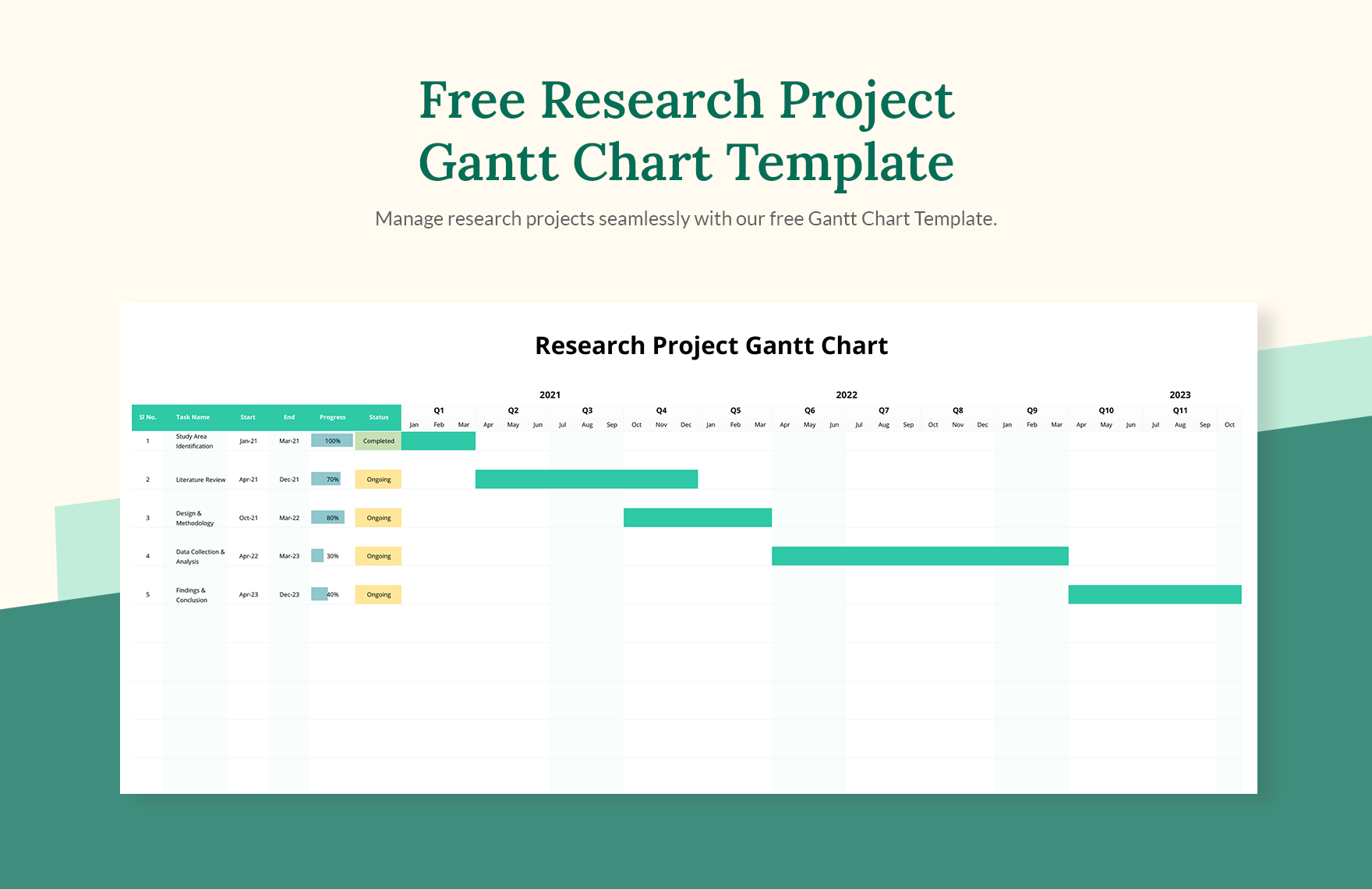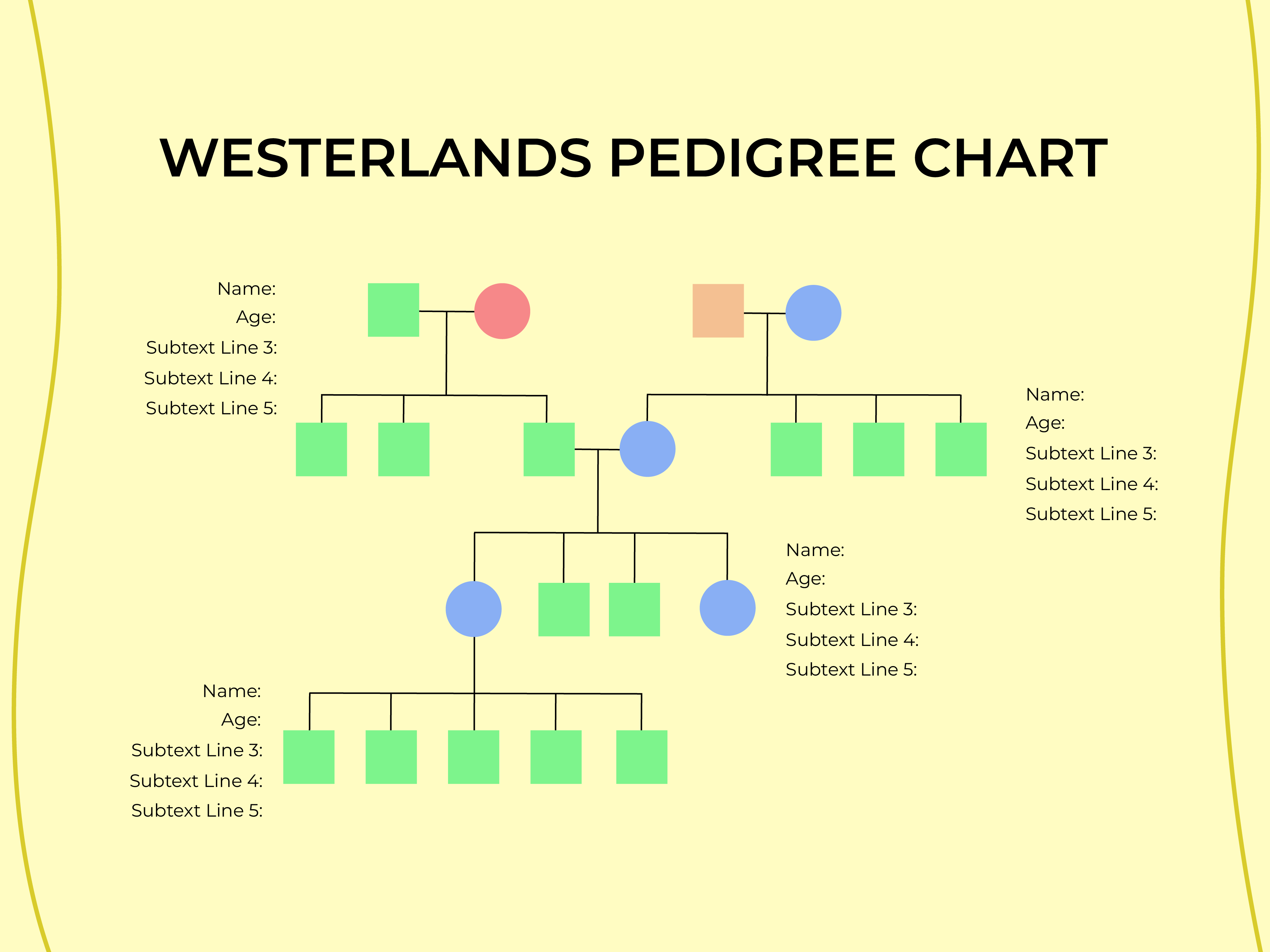Free RemoteIoT Display Chart Template: Boost Your IoT Projects
In the rapidly evolving world of the Internet of Things (IoT), having access to free RemoteIoT display chart templates can significantly enhance your project's functionality and efficiency. These templates allow you to visualize data in real-time, making it easier to monitor and manage IoT devices remotely. As IoT continues to grow, the demand for user-friendly tools like these templates increases exponentially.
Whether you're a beginner or an experienced developer, the right RemoteIoT display chart template can simplify complex data visualization tasks. By leveraging these templates, you can focus more on innovation rather than spending time building tools from scratch. This article will guide you through everything you need to know about free RemoteIoT display chart templates, including their benefits, how to use them, and where to find the best options.
As IoT technologies become more integrated into daily life, the ability to interpret data effectively is crucial. Free RemoteIoT display chart templates provide a cost-effective solution for businesses and individuals looking to harness the power of IoT without breaking the bank. Let's dive deeper into this topic and explore how these templates can revolutionize your IoT projects.
Read also:Who Is Cha Eunwoos Girlfriend Everything You Need To Know
Table of Contents:
- What is a RemoteIoT Display Chart Template?
- Benefits of Using Free RemoteIoT Display Chart Templates
- Types of RemoteIoT Display Chart Templates Available
- How to Choose the Right RemoteIoT Display Chart Template
- Where to Find Free RemoteIoT Display Chart Templates
- Best Practices for Using RemoteIoT Display Chart Templates
- Customizing Your RemoteIoT Display Chart Template
- Integrating RemoteIoT Display Chart Templates with IoT Devices
- Case Studies: Successful Implementations of RemoteIoT Display Chart Templates
- Future Trends in RemoteIoT Display Chart Templates
What is a RemoteIoT Display Chart Template?
A RemoteIoT display chart template is a pre-designed framework used to visualize data collected from IoT devices. These templates are typically available in various formats, such as HTML, JavaScript, or other programming languages, and can be customized to suit specific project requirements. The primary purpose of these templates is to make it easier for developers and businesses to create dynamic and interactive dashboards for monitoring IoT data.
By using a RemoteIoT display chart template, you can quickly set up a system that displays real-time data from sensors, devices, and other IoT components. This eliminates the need to develop custom visualization tools from scratch, saving both time and resources. These templates often come with built-in features like data filtering, chart customization, and real-time updates, making them an essential tool for IoT enthusiasts.
Key Features of RemoteIoT Display Chart Templates
- Real-time data visualization
- Customizable chart types (bar, line, pie, etc.)
- Integration with popular IoT platforms
- Responsive design for multiple devices
Benefits of Using Free RemoteIoT Display Chart Templates
Using free RemoteIoT display chart templates offers several advantages, especially for startups and individuals with limited budgets. Here are some of the key benefits:
Cost-Effectiveness
One of the most significant advantages of free templates is that they eliminate the need for expensive development tools. This makes them an ideal choice for small businesses and hobbyists looking to experiment with IoT projects without incurring high costs.
Time-Saving
With pre-designed templates, you can save a considerable amount of time that would otherwise be spent on designing and coding custom visualizations. This allows you to focus on other critical aspects of your IoT project.
Read also:Discover The Enigmatic Beauty Of Angelferrnandezz A Comprehensive Guide
Access to Professional Designs
Many free templates are created by experienced developers and designers, ensuring that you have access to professional-grade designs without having to pay for them. This can significantly enhance the overall quality of your IoT project.
Types of RemoteIoT Display Chart Templates Available
RemoteIoT display chart templates come in various types, each designed to cater to specific needs and preferences. Here are some of the most common types:
Line Chart Templates
Line chart templates are ideal for visualizing trends over time. They are particularly useful for monitoring sensor data that changes continuously, such as temperature or humidity levels.
Bar Chart Templates
Bar chart templates are perfect for comparing different data sets. They can be used to display information like energy consumption or device performance metrics.
Pie Chart Templates
Pie chart templates are great for showing proportions and percentages. They can be used to represent data like device uptime or battery life.
How to Choose the Right RemoteIoT Display Chart Template
Selecting the right RemoteIoT display chart template is crucial for ensuring that your IoT project meets its objectives. Here are some factors to consider when making your choice:
Data Requirements
Consider the type of data you need to visualize. Different templates are better suited for specific data sets, so choose one that aligns with your project's needs.
Customization Options
Look for templates that offer a wide range of customization options. This will allow you to tailor the template to fit your specific requirements and branding.
Compatibility
Ensure that the template is compatible with the IoT platform or devices you plan to use. This will help avoid any integration issues down the line.
Where to Find Free RemoteIoT Display Chart Templates
There are several reputable sources where you can find free RemoteIoT display chart templates. Here are a few options:
GitHub
GitHub is a popular platform for developers to share and collaborate on open-source projects. You can find a wide variety of free RemoteIoT display chart templates here, often accompanied by detailed documentation.
Codepen
Codepen is another excellent resource for finding free templates. It allows developers to share their code snippets and projects, making it easy to discover high-quality RemoteIoT display chart templates.
IoT Forums and Communities
Joining IoT forums and communities can provide you with access to a wealth of knowledge and resources, including free templates. Engaging with these communities can also help you stay updated on the latest trends and developments in the IoT field.
Best Practices for Using RemoteIoT Display Chart Templates
To get the most out of your RemoteIoT display chart template, follow these best practices:
Test Thoroughly
Before deploying your template in a live environment, make sure to test it thoroughly to ensure it functions as expected. This will help identify and fix any potential issues early on.
Document Your Changes
If you make any modifications to the template, document them carefully. This will make it easier to troubleshoot any problems that may arise in the future.
Stay Updated
Regularly check for updates to the template and its dependencies. This will ensure that your project remains secure and compatible with the latest technologies.
Customizing Your RemoteIoT Display Chart Template
Customizing your RemoteIoT display chart template can help you create a unique and personalized visualization for your IoT project. Here are some tips for customizing your template:
Color Schemes
Choose a color scheme that aligns with your brand or project identity. This can help create a more cohesive and professional appearance.
Interactive Features
Add interactive features like tooltips, hover effects, and clickable elements to enhance user engagement and make your template more dynamic.
Responsive Design
Ensure that your template is responsive and works well on various devices, including desktops, tablets, and smartphones. This will make your visualization accessible to a wider audience.
Integrating RemoteIoT Display Chart Templates with IoT Devices
Integrating your RemoteIoT display chart template with IoT devices is a crucial step in creating a functional IoT system. Here are some tips for successful integration:
API Connectivity
Use APIs to connect your template with IoT devices. This will allow for seamless data transfer and real-time updates.
Security Measures
Implement robust security measures to protect your data and ensure the integrity of your IoT system. This includes using encryption, authentication, and access controls.
Data Synchronization
Ensure that your template and IoT devices are synchronized to provide accurate and up-to-date information. This can be achieved through regular data updates and error handling mechanisms.
Case Studies: Successful Implementations of RemoteIoT Display Chart Templates
Several companies and individuals have successfully implemented RemoteIoT display chart templates in their projects. Here are a few examples:
Smart Agriculture
Agricultural businesses have used RemoteIoT display chart templates to monitor soil moisture, temperature, and other environmental factors. This has helped optimize crop growth and reduce resource wastage.
Smart Homes
Homeowners have leveraged these templates to create dashboards for monitoring energy consumption, security systems, and climate control. This has led to increased efficiency and cost savings.
Industrial Automation
Manufacturing companies have implemented RemoteIoT display chart templates to track production metrics, equipment performance, and maintenance schedules. This has improved operational efficiency and reduced downtime.
Future Trends in RemoteIoT Display Chart Templates
The future of RemoteIoT display chart templates looks promising, with several exciting trends on the horizon. Here are some trends to watch out for:
Artificial Intelligence Integration
AI-powered templates will offer advanced analytics and predictive capabilities, enabling users to make data-driven decisions more effectively.
Augmented Reality Visualization
AR-based templates will provide immersive visualization experiences, allowing users to interact with IoT data in new and innovative ways.
Blockchain Security
Blockchain technology will enhance the security of IoT systems, ensuring that data transmitted through RemoteIoT display chart templates remains safe and tamper-proof.
Kesimpulan
In conclusion, free RemoteIoT display chart templates offer a powerful and cost-effective solution for visualizing IoT data. By leveraging these templates, you can streamline your project development process and focus on delivering innovative solutions. Remember to choose the right template for your needs, customize it to suit your requirements, and integrate it securely with your IoT devices.
We encourage you to explore the resources mentioned in this article and experiment with different templates to find the one that best suits your project. Don't forget to leave a comment or share this article if you found it helpful. Happy IoT-ing!
Article Recommendations


